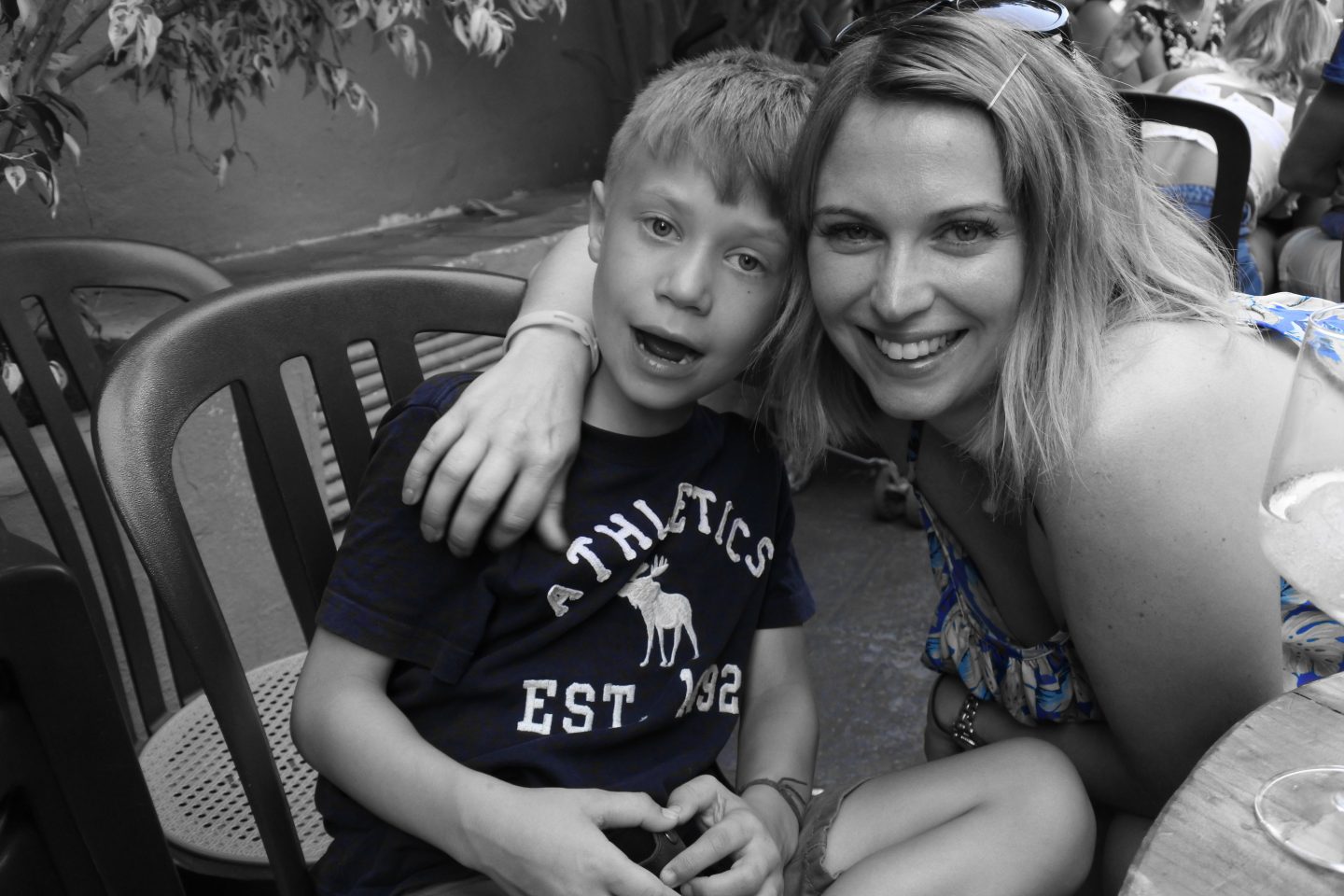
Collaborative post.
How well do you remember your teenage years?
Many of us look back on those days with fondness. Not quite children and not yet adult, being a teenager was sometimes the best of both worlds, with a sense of freedom that was rarely afforded to us when we were very young, or that is presented to us as adults. There were those long summer holidays hanging out with our friends. There were times of adventure when we dared ourselves to do certain things, such as biking down the biggest hills and sneaking into movies that were rated higher than our age. And there were those wonderful firsts; the first boy/girlfriend, the first kiss, the first time behind the wheel of a car, and many more new experiences.
Being a teenager, in many ways, was simply awesome. Then again, perhaps we look back through rose-tinted glasses at times. Being a teenager also meant dealing with peer pressure, as we so desperately tried to fit in at school. We had puberty to deal with, including vocal changes, decreased physical dexterity, and the never-ending hunt for the best treatments for acne. Then there were school bullies, SAT tests and exams, teenage crushes gone awry, and the pressure to think about adult responsibilities as school neared its end.
For good and bad, being a teenager is an experience we all go through, and you will have your own tale to tell after surviving your most formative of years. And because you will have experiences of your own, you are in the best position to help your children prepare for life as a teenager. There are certain life skills that are best learned early, and by getting to grips with them, your children might have a better chance of surviving potential teenage troubles and those puberty blues as they move on in life.
Here are a few examples that you, as the parent, can teach your children.
Life Skill #1: Body-care basics
Do your children put up a fight before getting into the bath or shower? Is personal hygiene low on their list of priorities? If you have a hard time dealing with your children’s body odor and getting them to look after themselves, then for their sake, as well as yours, you need to get on top of the matter. When puberty kicks in, their body odor will grow stronger, and this is partly because they will sweat more. And without the proper hygiene, not only will your children smell more, but they will also have a harder time dealing with those blasted teenage spots and pimples. Teaching your children how to take care of their body and skin is essential then, not only through skills in washing and cleansing but in terms of diet and exercising too. You might want to go through these body care steps with your children, so they understand the best practice for caring for themselves. By doing so, not only will they face less embarrassment because of body odor and skin acne when at school, but they will hopefully be less of a target to bullies as well.
Life Skill #2: Scheduling their time
As a parent, you’re probably responsible for getting your kids up and ready for school, as well as ensuring they get to all of their extra-curricular appointments. However, as they get older, you need to shift the responsibility onto their young shoulders, as their schedules are only going to get more hectic. They will have more activities to attend at school. There will be more deadlines to meet, with coursework hand-ins and other class projects to factor in. And they will have more homework to do, so the onus needs to be on your children to manage their time to accommodate the work they have to do. Now, you could do as you have always done, and manage your kid’s time for them, but not only are you doing them few favours by doing so, you are also at risk of stressing yourself out too. Your children need to learn how to be more independent to accommodate the varying demands on their time as they hit their teens, which is not only useful for school and extracurricular activities, but for managing their time with any potential part-time jobs they might take on while young, and for other commitments which will befall them as they approach their school-leaving years. There are some tips in the following linked article on teaching your children time-management skills, so have a look and implement them early to better benefit their lives now and in the future.
Life Skill #3: The ability to say ‘no’
Of course, your children probably know how to say ‘no’ already, especially when they have been asked to eat their greens and to turn off their games consoles. However, while this will no doubt drive you up the wall, know that in some cases, especially once they hit their teenage years, saying ‘no’ could be a real lifesaver. As you will already understand, peer pressure is a major problem for kids today, so your children need to know how to stand up for themselves. We are talking about possible temptations that their peers might present, such as smoking, drinking alcohol, doing drugs, and taking part in potentially criminal activities. While you should teach your children the dangers of anything that is harmful to them, you should also give them the tools to effectively say ‘no’ when they feel threatened or uncomfortable because of what others are asking of them. There are some useful guidelines here, so use them as you teach your children to be assertive in life, especially when it comes to the appropriate times to ‘just say no!’
Life Skill #4: To be respectful and courteous to others

In some ways, children can almost get away with being rude and disrespectful when they are younger. As a parent, you can justify their temper tantrums and bad manners because of their young age. However, as they grow older, you need to curb their bad behaviour with lessons on respect and courtesy. Not only will this help you with your relationship with your children at home, but it will also be helpful for your children at school. This is important for building good relationships with their teachers, as any bad behaviour will be less tolerated in secondary school. And if your children stand any hope of fitting in well with others, be that within social groups or sports teams, your children also need to respect their peers. To help you, check out these unconventional tips on teaching respect, and then continue your research online for any other resource that can help you.
Life Skill #5: Money Matters
As your children move into independence, now is the time to enforce lessons around money matters. Not only will this stop them treating you like a money tree, but it will also help them to manage and save the pocket money they receive from you, and to learn the value of money as they approach a time when they will have to be more financially independent without your assistance. Your lessons begin at home and in the supermarket, as you assert the word ‘no’ when they beg and plead with you for their wants and desires. You can give your children lessons on earning money by giving them pocket money when they do certain chores at home. And you might use these ideas and activities to help them with their learning too. By doing any of these things, not only will they become financially independent, but you will too as they learn how not to be financially tied to you.
Finally
We believe these lessons are important for all children, especially before they hit those dreaded/wonderful (delete as applicable) teenage years. But let us know what you think, and if you think there should have been other lessons added to this list, be sure to let us know, for the sake of ourselves and our children.
Take care, and thanks for reading!

You’re so right about those skills! Thank you for the article! I will be teaching my son those
Tasha recently posted…Can over exfoliated skin cause acne? A closer look